The Quest for a Just World Order
Also of Interest
Toward a Just World Order (Studies on a Just World Order, Volume 1 ), edited by Richard Falk, Samuel S. Kim, and Saul Mendlovitz
International Law and a Just World Order (Studies on a Just World Order, Volume 2), edited by Richard Falk, Friedrich V. Kratochwil, and Saul H. Mendlovitz
Global Human Rights: Public Policies, Comparative Measures, and NGO Strategies, edited by Ved P. Nanda, James R. Scarritt, and George W. Shepherd, Jr.
International Law and the Status of Women, Natalie Kaufman Hevener
Human Rights in Our Time: Essays in Memory of Victor Bar as, edited by Marc F. Plattner
Policy in International Institutions: Defining Reasonable Options in an Unreasonable World (Special Student Edition, Revised and Updated), edited by Seymour Maxwell Finger and Joseph R. Harbert
Human Rights and U.S. Foreign Policy, edited by Barry M. Rubin and Elizabeth , Spiro
Toward Nuclear Disarmament and Global Security: A Search for Alternatives, edited by Bums H. Weston
Arms Control and International Security, edited by Roman Kolkowicz and Neil Joeck
How Can We Commit the Unthinkable? Genocide: The Human Cancer, Israel W. Charny
Globalism Versus Realism: International Relations' Third Debate, edited by Ray Maghroori and Bennett Ramberg
The War System: An Interdisciplinary Approach , Richard Falk and Samuel S. Kim
Bibliography on World Conflict and Peace (Second Edition), Elise Boulding, J. Robert Passmore, and Robert Scott Gassier
Bibliography of Human Rights, Center for the Study of Human Rights, Columbia University
Strategies Against Violence: Design for Nonviolent Change, edited by Israel W. Charny
Conflict Regulation, Paul Wehr
Dear Survivors, John Burton
Available in hardcover and paperback.
Westview Special Studies in International Relations
The Quest for a Just World Order
Samuel S. Kim
In response to a growing sense of dissatisfaction with the state of the world and the state of international relations research, Professor Kim has taken an alternative approach to the study of contemporary world politics. Specifically, he has adopted and expanded the cross-cultural, interdisciplinary, and transnational approach developed by the World Order Models Project (WOMP), an enterprise committed to the realization of peace, economic equality and well-being, social justice, and ecological balance.
Systemic in scope and interdisciplinary in methodology, The Quest for a Just World Order explains and projects the issues, patterns, and trends of world politics, giving special attention to the attitudinal, normative, behavioral, and institutional problems involved in the politics of system transformation. Professor Kim also attempts to remedy a number of problematic features of traditional approaches, including a value-neutral orientation; fragmentation and overspecialization; overemphasis on national actors, the superpowers, and stability; and the Hobbesian image of world politics.
a variety of desirable and feasible transition strategies are proposed, and Professor Kim assesses the prospects for achieving a just and humane world order system by the end of this century.
Samuel S. Kim is a professor of political science at Monmouth College and senior fellow at the World Policy Institute (formerly the Institute for World Order). He is the author of China, the United Nations, and World Order (Princeton University Press, 1979), the coauthor (with Richard Falk) of The War System: An Interdisciplinary Approach (Westview Press, 1980), and the coeditor (with Richard Falk and Saul H. Mendlovitz) of Toward a Just World Order (Westview Press, 1982).
First published 1984 by Westview Press, Inc.
Published 2019 by Routledge
52 Vanderbilt Avenue, New York, NY 10017
2 Park Square, Milton Park, Abingdon, Oxon OX14 4RN
Routledge is an imprint of the Taylor & Francis Group, an informa business
Copyright 1984 Taylor & Francis
All rights reserved. No part of this book may be reprinted or reproduced or utilised in any form or by any electronic, mechanical, or other means, now known or hereafter invented, including photocopying and recording, or in any information storage or retrieval system, without permission in writing from the publishers.
Notice:
Product or corporate names may be trademarks or registered trademarks, and are used only for identification and explanation without intent to infringe.
Library of Congress Cataloging in Publication Data
Kim, Samuel S., 1935
The quest for a just world order.
(Westview special studies in international relations)
Bibliography: p.
Includes index.
1.International organization. I. Title. II. Series.
JX1954.K47 1983 341.2 83-10327
ISBN 13: 978-0-367-29541-7 (hbk)
It is somewhat embarrassing to admit that so many individuals and institutions have been implicated in so many ways in the conception and completion of this modest work. Unlike my other projects, the moral and intellectual rationale for this book came directly from Saul H. Mendlovitz, a true friend, formidable colleague, and indefatigable director of the World Order Models Project (WOMP) for all seasons and scholars. Without his persistent prodding and unflagging support, this project would not have seen the light of day.
Subsequently, the Institute for World Order (recently renamed the World Policy Institute) was willing to bet on a skeletal idea by granting me several senior research fellowships for 1980-1983. I am particularly grateful to Robert Johansen and Sherle Schwenninger for their moral, intellectual, and financial support of this project through the various stages of its odyssey to completion.
I owe my greatest intellectual debt to Richard Falk, whose groundbreaking scholarship and pioneering contributions to the development of world order studies are such that I should require another book, not a mere paragraph, to recount them. I feel fortunate to have been his partner on so many projects, most recently as coeditor of the Studies on a Just World Order series. Much of the book, especially , has been greatly influenced by values that brought us together in our common journey. Even though his direct participation in this project has been minimal, he, more than any other single scholar, has helped me along the seemingly endless and tortuous road to a just world order as friend, teacher, critic, and companion par excellence.
My tenure as Visiting Professor of Public and International Affairs at the Woodrow Wilson School, Princeton University, in 1979-1981, provided me with an ideal setting and an invaluable opportunity to try out some of the ideas and values embodied in the book. Many discussions with my students in various courses, especially those in Politics 336 (Introduction to World Order), had an important influence on the shaping of this book. I also owe special thanks to the Center of International Studies, Princeton University, and especially to its director Cyril Black, for two postdoctoral research fellowships in 1979-1981, without which the research and writing of this project would not have been possible. The following pages, I hope, justify the Center's casting its lot once again with this project. I gratefully acknowledge that this is my fourth book-length project to be included in the Center's list of sponsored research.


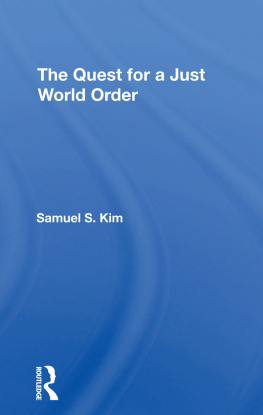
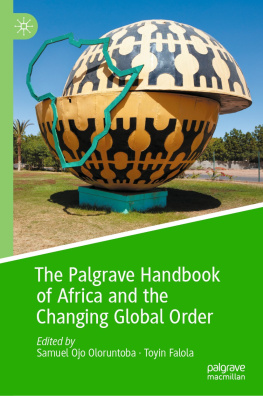
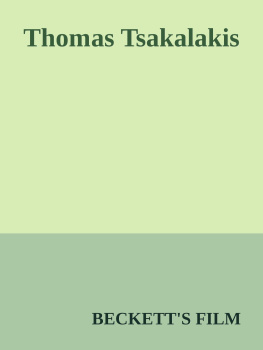
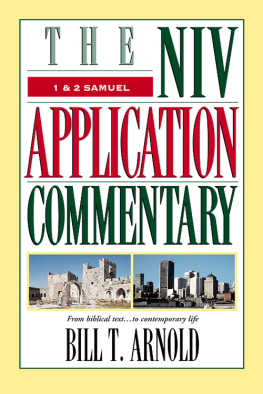
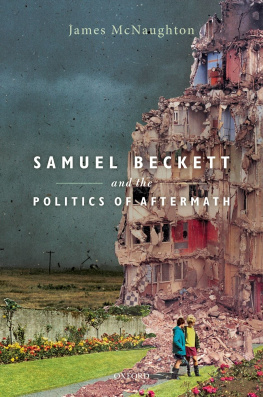
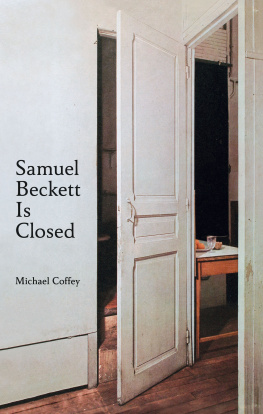
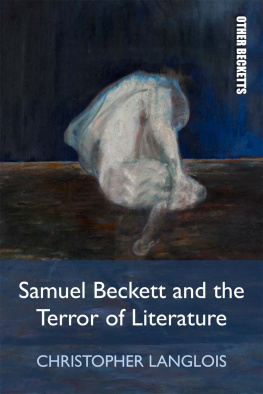
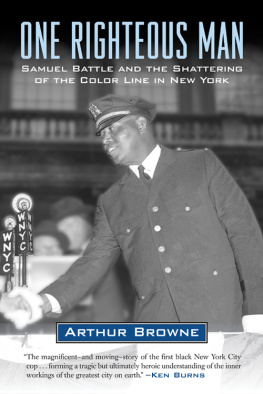

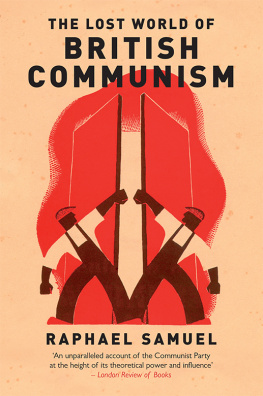
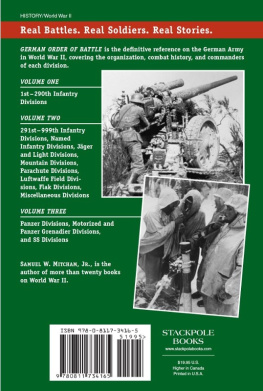
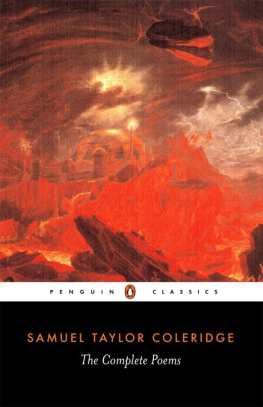
![Samuel Beckett [Samuel Beckett] - The Complete Dramatic Works](/uploads/posts/book/72751/thumbs/samuel-beckett-samuel-beckett-the-complete.jpg)